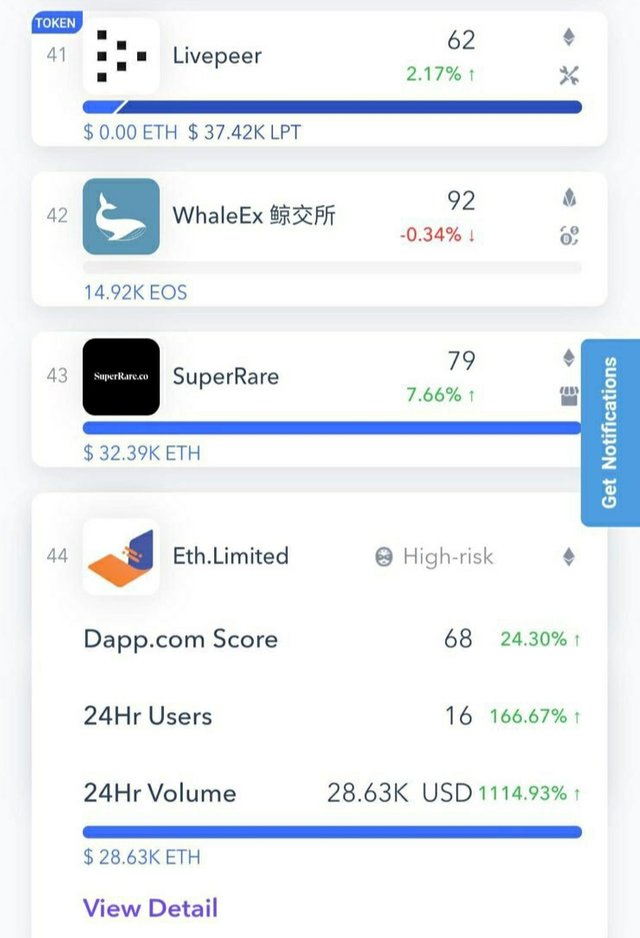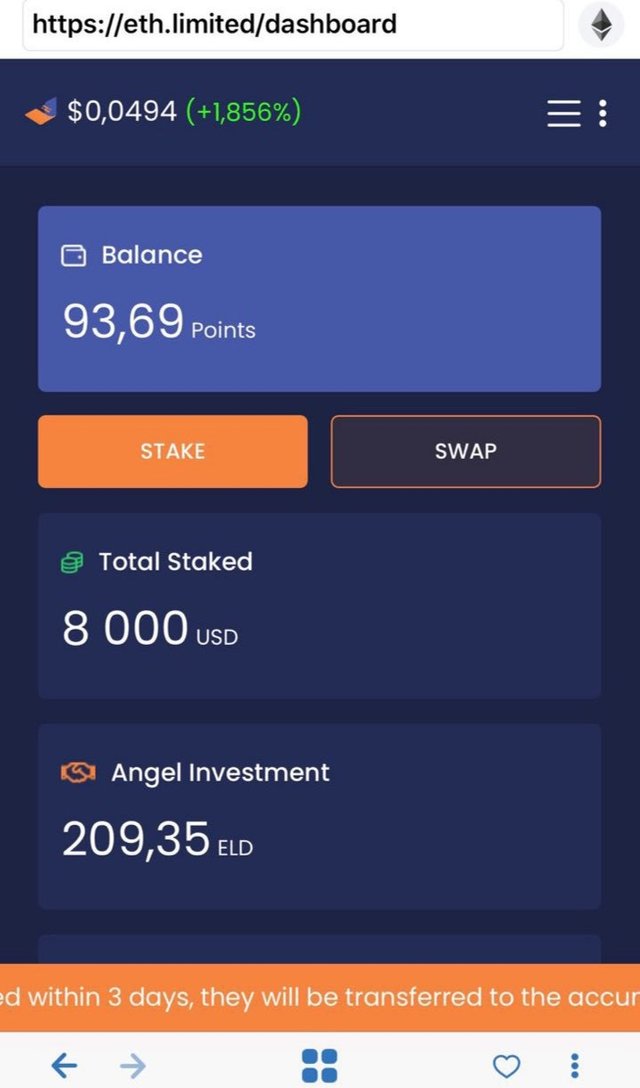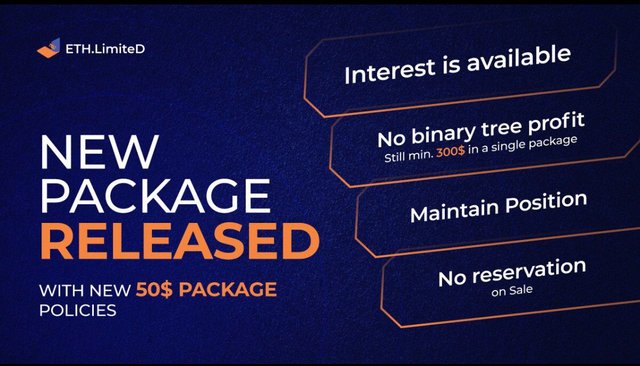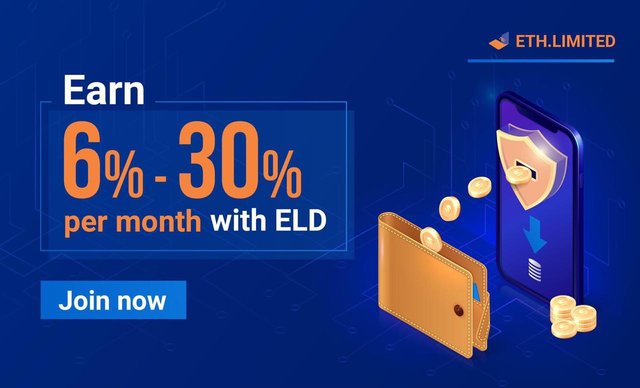Crypto Staking In ELD Ecosystem.

Cryptocurrency has brought about the innovation of staking crypto to get rewards. Staking is the process of actively participating in transaction validation (similar to mining) on a proof-of-stake (PoS) blockchain. On these blockchains, crypto staking can be done by anyone worldwide as long as you have the minimum required amount of the cryptocurrency being staked, then you can validate the transaction and earn staking rewards. Some may think of crypto staking as a less stressful alternative for crypto mining since it just involves holding funds in your cryptocurrency wallet as this will ensure the security and operations of a blockchain network. While others see cryptography staking as a way of locking up a crypto coin to receive rewards.
In all cases, you'll need to stake your coins directly from your crypto wallet. On the other hand, many exchanges offer to stake services to their user.
Additionally, in other to understand what staking is you need to know what Proof-of-Stake(PoS) is and how it works. PoS is a consensus mechanism that allows blockchains to operate more energy-efficiently while maintaining a decent degree of decentralization.

There was a time in which miners had to compete together to decipher complex mathematical puzzles, and the miner that unravels the puzzle first gets to put in the next block to the blockchain, this was how Proof-of-Work(PoW) worked. A mechanism that will enable transactions to be assembled into blocks(these blocks are connected and the build the blockchain). Seeing how robust Proof-of-Work is with lots of calculations to be done, which indeed can be very stressful and the puzzles the miners try for solve has no purpose other than the network security, the need for improvement was due.
Hence, Proof-of-Stake was made with the intention is that participants can lock coins which is their “stake”, and at particular intervals, the protocol randomly selects the right to one of them to validate the next block. The probability of being chosen is proportional to the number of coins the more coins locked up, the higher the chances. what defines which participants create a block isn’t based on their ability to solve hash challenges as it is with POW. Instead, it’s determined by how many staking coins they are holding.

How does staking work?
When the minimum balance is met, node deposits that amount of cryptocurrency into the network as a stake (similar to a security deposit) The size of a stake is directly proportional to the chances of that node being chosen to forge the next block If the node successfully creates a block, the validator receives a reward, similar to how a miner is rewarded in proof-of-work chains Validators lose part of their stake if they double-sign or attempt to attack the network.

ELD Ecosystem:
ELD Ecosystem leverage competence and experience to take advantage of Blockchain technology to solve the currently existing issues in blockchain and then contribute to promoting market demand by bringing infinite value to the blockchain community.

Blockchain technology has unique features which are also in ELD Ecosystem these are strength, Transparency, Security, Decentralization, Dapps (Decentralized applications):
For this there making crypto staking with ELD as easy as possible.

ELD Staking
ELD staking stores ELD in your wallet to get regular interest. It was developed based on Proof-of-staking algorithms as mentioned earlier.
Users can easily take part in ELD Staking system with 2 simple steps:
Swap ETH: Directly access your wallet on Imtoken or others ERC-20 wallet then swap ETH to ELD simply
Staking: After finishing the swap, users pick ELD to the staking system and get interested.
ELD had three levels of "Smart contract" for staking which is our strategy to create a fair environment so that anyone has a chance to be our partners:
Member
Developer
Businessman
Upcoming event

Kindly join the links for more relevant information regarding this top notch project.
All Africans ; https://t.me/ELDEX_Africa
Global group: https://t.me/ELD_Group
Writer Details: Chika